-
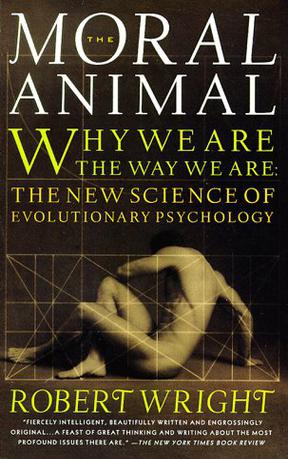
The Moral Animal
-
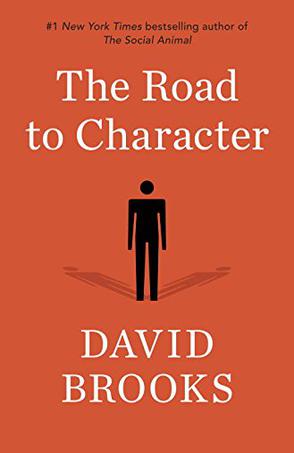
The Road to Character
“I wrote this book not sure I could follow the road to character, but I wanted at least to know what the road looks like and how other people have trodden it.”—David Brooks With the wisdom, humor, curiosity, and sharp insights that have brought millions of readers to his New York Times column and his previous bestsellers, David Brooks has consistently illuminated our daily lives in surprising and original ways. In The Social Animal, he explored the neuroscience of human connection and how we can flourish together. Now, in The Road to Character, he focuses on the deeper values that should inform our lives. Responding to what he calls the culture of the Big Me, which emphasizes external success, Brooks challenges us, and himself, to rebalance the scales between our “résumé virtues”—achieving wealth, fame, and status—and our “eulogy virtues,” those that exist at the core of our being: kindness, bravery, honesty, or faithfulness, focusing on what kind of relationships we have formed. Looking to some of the world’s greatest thinkers and inspiring leaders, Brooks explores how, through internal struggle and a sense of their own limitations, they have built a strong inner character. Labor activist Frances Perkins understood the need to suppress parts of herself so that she could be an instrument in a larger cause. Dwight Eisenhower organized his life not around impulsive self-expression but considered self-restraint. Dorothy Day, a devout Catholic convert and champion of the poor, learned as a young woman the vocabulary of simplicity and surrender. Civil rights pioneers A. Philip Randolph and Bayard Rustin learned reticence and the logic of self-discipline, the need to distrust oneself even while waging a noble crusade. Blending psychology, politics, spirituality, and confessional, The Road to Character provides an opportunity for us to rethink our priorities, and strive to build rich inner lives marked by humility and moral depth. “Joy,” David Brooks writes, “is a byproduct experienced by people who are aiming for something else. But it comes.” -
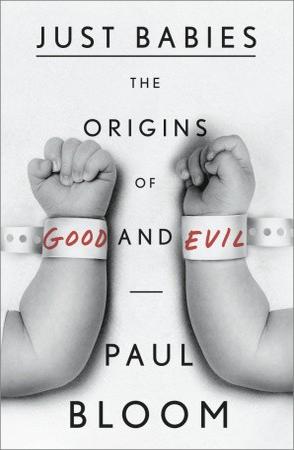
Just Babies
From John Locke to Sigmund Freud, philosophers and psychologists have long believed that we begin life as blank moral slates. Many of us take for granted that babies are born selfish and that it is the role of society—and especially parents—to transform them from little sociopaths into civilized beings. In Just Babies, Paul Bloom argues that humans are in fact hardwired with a sense of morality. Drawing on groundbreaking research at Yale, Bloom demonstrates that, even before they can speak or walk, babies judge the goodness and badness of others’ actions; feel empathy and compassion; act to soothe those in distress; and have a rudimentary sense of justice. Still, this innate morality is limited, sometimes tragically. We are naturally hostile to strangers, prone to parochialism and bigotry. Bringing together insights from psychology, behavioral economics, evolutionary biology, and philosophy, Bloom explores how we have come to surpass these limitations. Along the way, he examines the morality of chimpanzees, violent psychopaths, religious extremists, and Ivy League professors, and explores our often puzzling moral feelings about sex, politics, religion, and race. In his analysis of the morality of children and adults, Bloom rejects the fashionable view that our moral decisions are driven mainly by gut feelings and unconscious biases. Just as reason has driven our great scientific discoveries, he argues, it is reason and deliberation that makes possible our moral discoveries, such as the wrongness of slavery. Ultimately, it is through our imagination, our compassion, and our uniquely human capacity for rational thought that we can transcend the primitive sense of morality we were born with, becoming more than just babies. Paul Bloom has a gift for bringing abstract ideas to life, moving seamlessly from Darwin, Herodotus, and Adam Smith to The Princess Bride, Hannibal Lecter, and Louis C.K. Vivid, witty, and intellectually probing, Just Babies offers a radical new perspective on our moral lives. -
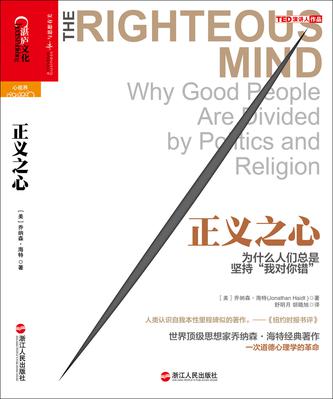
正义之心
[内容简介] ☆ 一个你认为颇有价值的决定在别人眼里可能一文不值,一个人眼中的恐怖分子可能是另一个人心中的自由战士——为什么人与人、群体、党派、政府与民众、宗教派别、甚至国家之间总是存在不可调和的矛盾?虽然人类社会被划分为不同的道德阵营,但人们真的就不能好好相处吗 ? ☆ 美国当代最伟大的心理学家、纽约大学商学院教授、TED演讲人乔纳森•海特认为,我们并非像自以为的那么理性和正义,正义之心凝聚人心,但也具有盲目性。“道德”有时会是制造纷争的根源,因为人人都以为自己是正义的化身,这让我们轻易去批评、厌恶、甚至干涉相异于己的信念,这也正是造成人与人之间隔阂和冲突的原因。 ☆ 在《正义之心》中,海特教授从道德的社会直觉模型讲到道德的6个基础,继而详细阐述我们具有群体归属性的正义之心,书中立足于详尽的科学研究回答了人们该如何跨越宗教与政治分歧,从而达成互相理解以促成合作型社会的建立这一目标。这是一本令人惊奇又极富挑战性和说服力的经典著作,读者会在阅读过程中瞠目结舌,最后恍然大悟、心服口服。 [编辑推荐] ☆ 著名心理学家、坦普尔顿积极心理学奖获得者、伟大的思想家、积极心理学先锋派领袖、畅销书《象与骑象人》作者、TED演讲人乔纳森•海特最新力作。 ☆ “人类认识自我本性的里程碑著作。”——《纽约时报书评》 ☆ 道德心理学的革命。 ☆ 为什么人类会因政治与宗教产生分歧?人类的正义之心到底从何而来,又将往何处而去? ☆ 涵盖道德心理学、社会心理学、神经系统学、遗传学、发展心理学和认知科学的经典著作,汇集了这些领域中最新的科学研究与成果。 ☆ 湛庐文化出品。 -
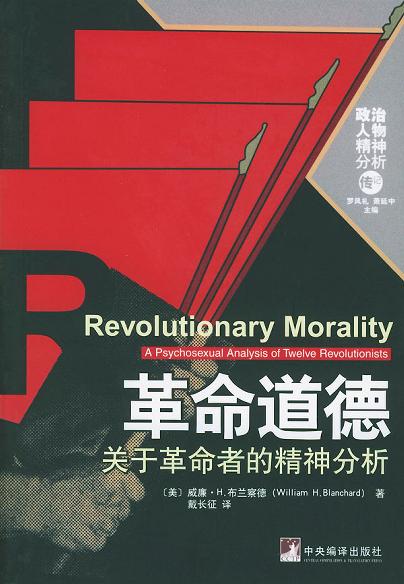
革命道德
从劳伦斯到卢梭,从列夫・托尔斯泰到甘地,从马克思到格瓦拉……该书在革命者那些耳熟能详的日常行为背后,发掘出令人惊诧的心理动力源泉。作者有意回避“革命问题”社会结构分析的康庄大道,而迂回潜入革命者精神世界分析的丛林险境,将惊心动魄的“革命事件”转换为“政治人物”意欲不止的理想激流。作者放弃了以性压抑为核心的传统精神分析方法,而把“内疚负重”向“拯救责任”的快感升华,看成革命者的无意识动因,从而在被人忽略的视角上,描绘出另一幅陌生的革命画卷。 -

殺戮的艱難
始於法務部長王清峰下台,2010年死刑議題自此開始延燒,媒體與大眾輿論在殺與不殺之間擺盪。作者張娟芬於此書回溯沸沸揚揚的2010年,親身採訪死刑犯,讓大眾看見死囚在罪刑背後不為人知的故事;剖析台灣司法制度在執行死刑上尚存在的缺失與不健全,讓大家深思以暴制暴之下仍暗藏的問題。本書提供一個空間更寬廣的思考平台,讓社會大眾能以更多元的角度來衡量生命的重量。